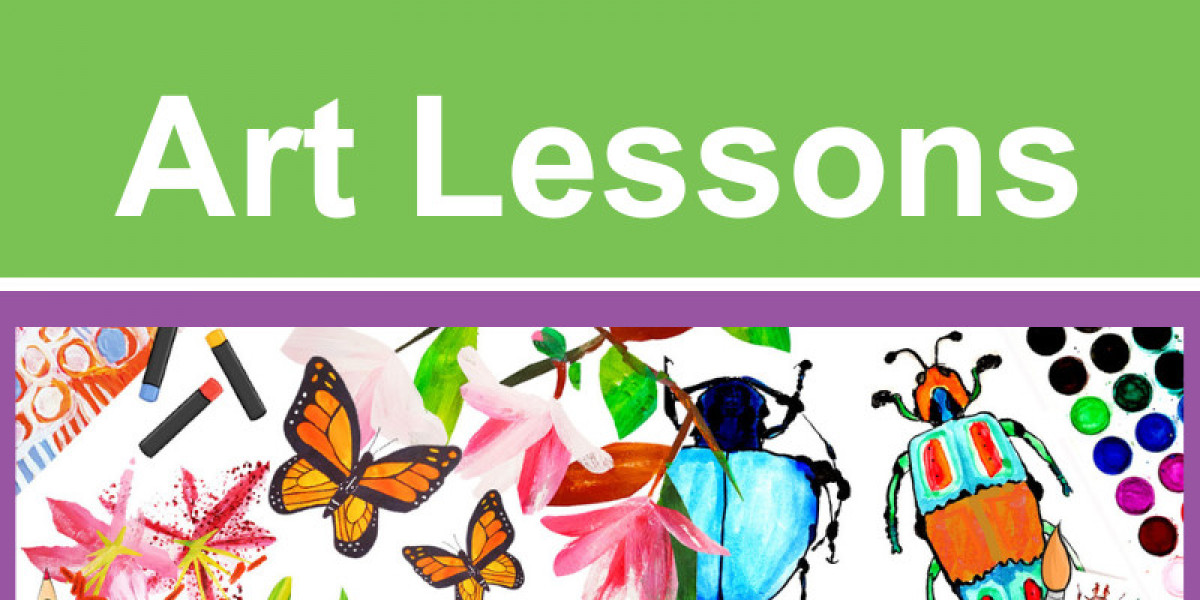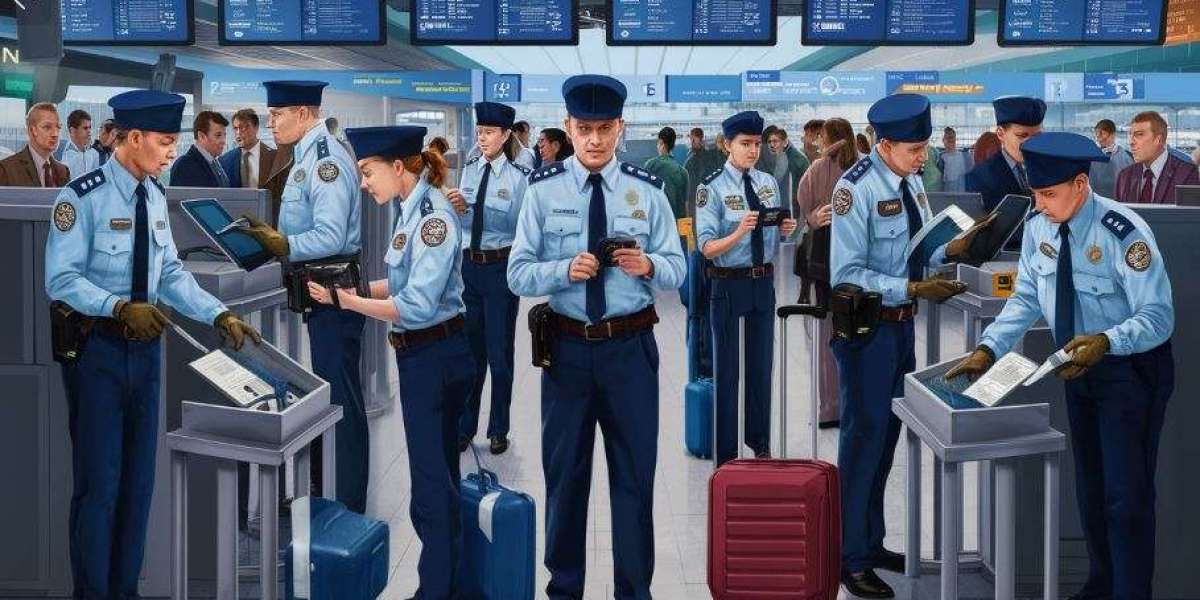Kindergarten is a pivotal stage in a child's educational journey, where creativity blooms and imaginations run wild. Art education at this tender age is not just about creating pretty pictures; it's a gateway to exploring emotions, honing fine motor skills, and learning through hands-on experiences.
Understanding Developmental Milestones
Before diving into the world of paints and brushes, it's essential to understand the developmental milestones of kindergarteners. At this age, children are beginning to grasp basic shapes, colors, and spatial awareness. They thrive on sensory experiences and respond enthusiastically to tactile materials.
Themes and Topics
Effective kindergarten art lesson plans often revolve around themes that resonate with young learners. From exploring nature through leaf rubbings to creating imaginary creatures from recycled materials, the possibilities are endless. Themes not only spark interest but also integrate with other areas of learning, such as science, math, and literature.
Hands-On Activities
Engagement is key in kindergarten art classes. Hands-on activities like finger painting, clay modeling, and collage making allow children to experiment freely and express themselves without inhibition. These activities not only enhance creativity but also improve hand-eye coordination and concentration.
Incorporating Play and Exploration
Kindergarteners learn best through play and exploration. Integrating open-ended activities where children can experiment with colors, textures, and techniques fosters a sense of curiosity and independence. Encouraging them to narrate stories through their art or create art inspired by music adds depth to their learning experience.
Assessment and Reflection
Assessment in kindergarten art classes goes beyond traditional grading. It involves observing how children engage with materials, solve problems creatively, and express their ideas. Reflection, both individual and group-based, encourages children to articulate their thoughts and feelings about their own and others' artwork.
Conclusion
Crafting effective Kindergarten Art Lesson Plans requires a blend of creativity, empathy, and a deep understanding of child development. By providing a nurturing environment where children can explore, create, and discover, educators lay the foundation for a lifelong appreciation of art and creativity. Each stroke of paint, each molding of clay, and each collage piece is not just a project but a step in the journey of self-expression and discovery for these young artists.








